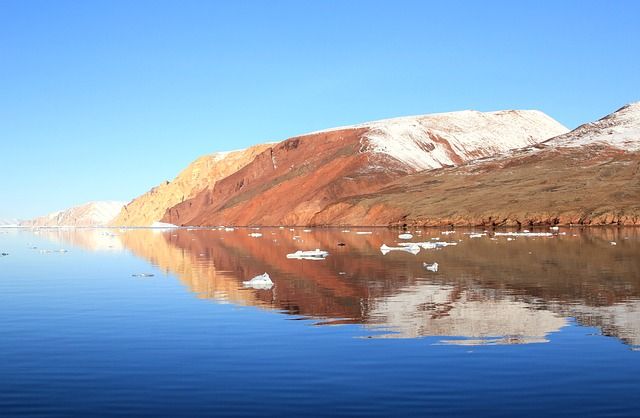Scientist from more than 15 countries are gathered in Ilulissat in western Greenland from today until 5 June to assess how climate change is affecting the island nation.
Satellite photos reveal that even though Greenland has had several cold winters recently, the summers have seen record-breaking numbers of icebergs melt.
More than 180 participants from around the world will exchange knowledge about the ongoing changes taking place in Greenland.
International interest
What had originally been planned as a small local conference has grown.
“The expansion of the workshop to an international conference once again confirms the large international political and research interest in understanding changes in the Arctic sea and land ice,” said René Forsberg, a professor at DTU Space who is the main organiser of the conference.
The continuing melting of both inland ice and sea ice in Greenland has created both challenges and opportunities for Greenland and the rest of the Arctic.
Challenges and opportunities
Locally, the melting has increased flooding and created unstable conditions that have had devastating consequences for roads and buildings.
In contrast, the smaller amount of sea ice has created opportunities for the Greenlandic population via increased accessibility and new business opportunities within the extraction of raw materials, fishing and tourism.
READ MORE: Two lakes beneath the ice in Greenland disappear within weeks
Globally, the impact of the melting is being seen through increases in sea levels.
“We wish to address the future changes of the ice in and around Greenland with a special focus on the consequences for the Greenlandic people,” said Forsberg.















